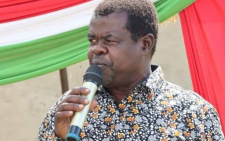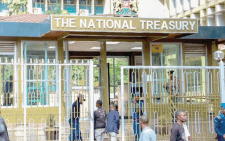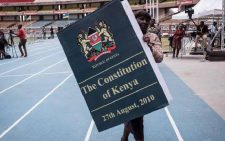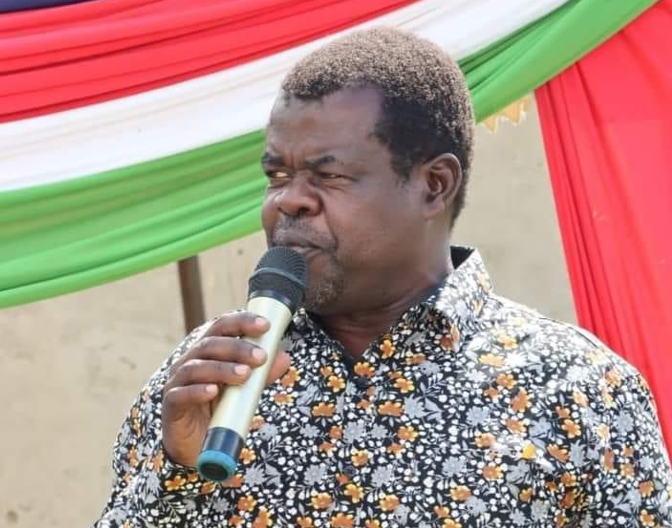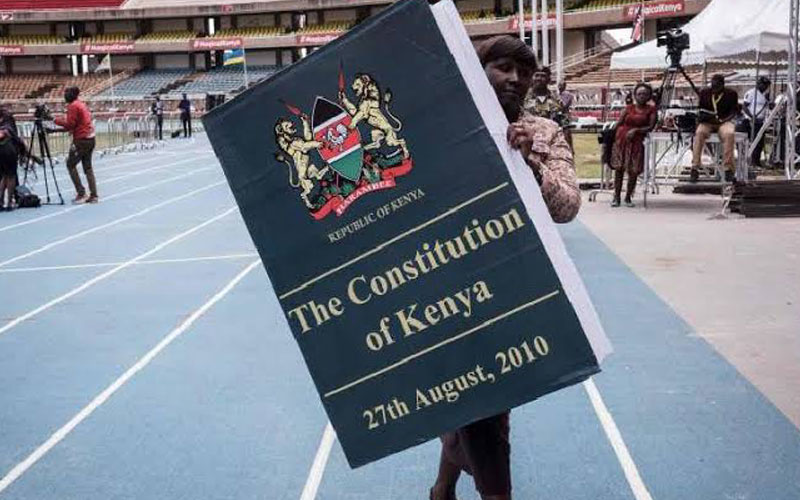International Monetary Fund (IMF) has urged the National Treasury to intensify efforts to address budgetary and economic challenges following reforms that triggered mass protests in June, leading to the rejection of the Finance Bill 2024.
The move follows the conclusion of a six-day visit by IMF team leader Haimanot Teferra, who engaged with Kenyan officials to discuss policies and reforms aimed at tackling the country’s fiscal and economic difficulties, many of which align with Bretton Woods institutions’ recommendations.
“We remain fully committed to supporting the authorities in their efforts to identify a set of policies that could support the completion of the reviews under the ongoing programme as soon as feasible,” Teferra said in a statement. She added that the IMF and Kenyan officials had productive discussions focused on addressing the economic and fiscal challenges facing the country.
The Finance Bill 2024, which was expected to generate an additional Sh346.7 billion in revenues, aimed to meet IMF-set targets by introducing new tax measures, such as removing exemptions on certain food items and increasing taxes on mobile money transfers.
These moves, however, led to a spike in the cost of essential goods and services, fuelling widespread discontent.
Critics argue that the IMF’s loan conditions, often perceived as stringent, disproportionately impact the poor by raising taxes on basic commodities. They blame these conditions for exacerbating Kenya’s economic crisis.
The IMF agreement, which was approved in 2021, was initially designed to help Kenya navigate the challenges posed by the Covid-19 pandemic, drought resilience, and surging global inflation.
Despite the mounting criticism, Kenya reaffirmed its commitment to advancing economic and governance reforms, which are seen as crucial for promoting sustainable and inclusive growth.“We will continue our discussions with the authorities,” Teferra said, signalling the IMF’s ongoing involvement in shaping Kenya’s economic path.
Broad-based administration
The September 11-16 discussions with the IMF took place on the back of public unrest, which saw President William Ruto bring opposition politicians into his government to form what he termed a broad-based administration. This political shift was driven by the growing domestic pressure after the rejection of the Finance Bill 2024, leading to complex negotiations over revenue collection, spending priorities, and wider economic reforms. The rejection of the Finance Bill underscored the disconnect between the government’s fiscal policies and the economic realities faced by ordinary citizens. Many viewed the government’s initial policies as insufficient to alleviate the economic pressures confronting Kenyans.
In response, President Ruto made a strategic move by appointing former opposition MP John Mbadi as the new Treasury Cabinet Secretary, tasking him with leading the economic discussions that had sparked protests—most notably those led by the youth, often referred to as the “Gen Z uprising.”
This youth-driven movement, vocal in its demands for economic reforms, has significantly influenced the government’s economic strategy, particularly in its stance on austerity measures and tax policies. Gen Z’s push for austerity, which contrasts sharply with the government’s earlier fiscal approaches, has increased the pressure on policymakers to address austerity measures, corruption, and the escalating cost of living.



